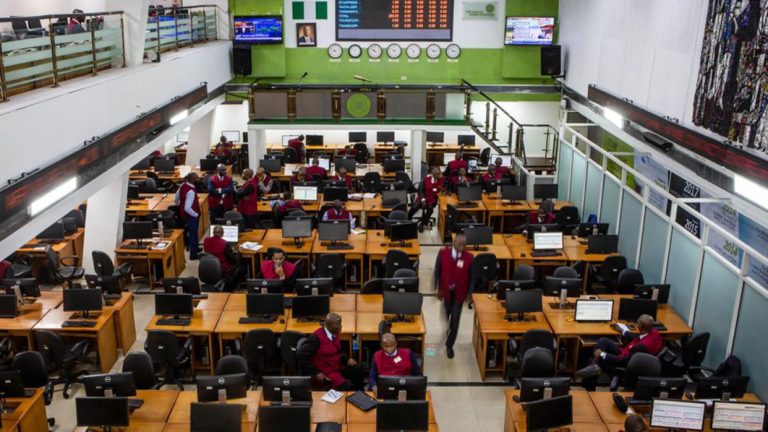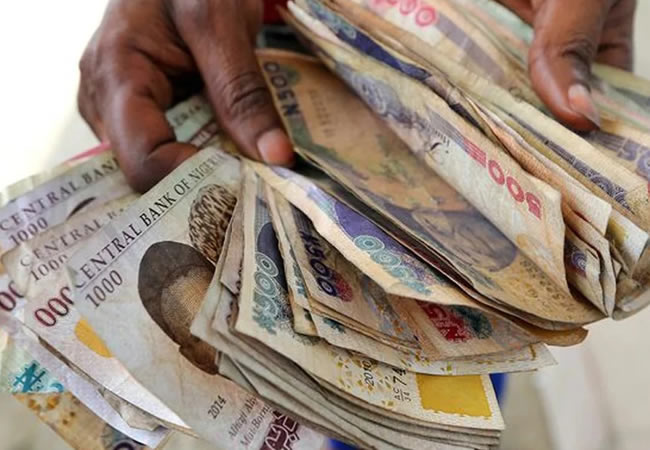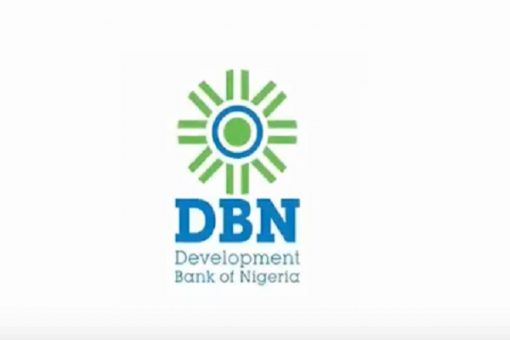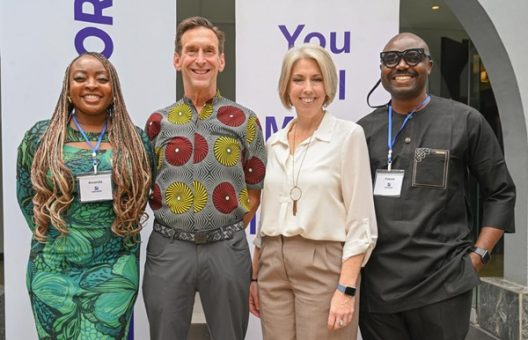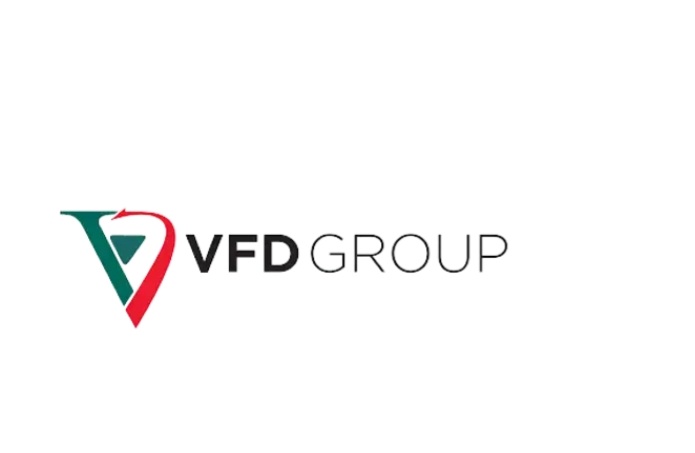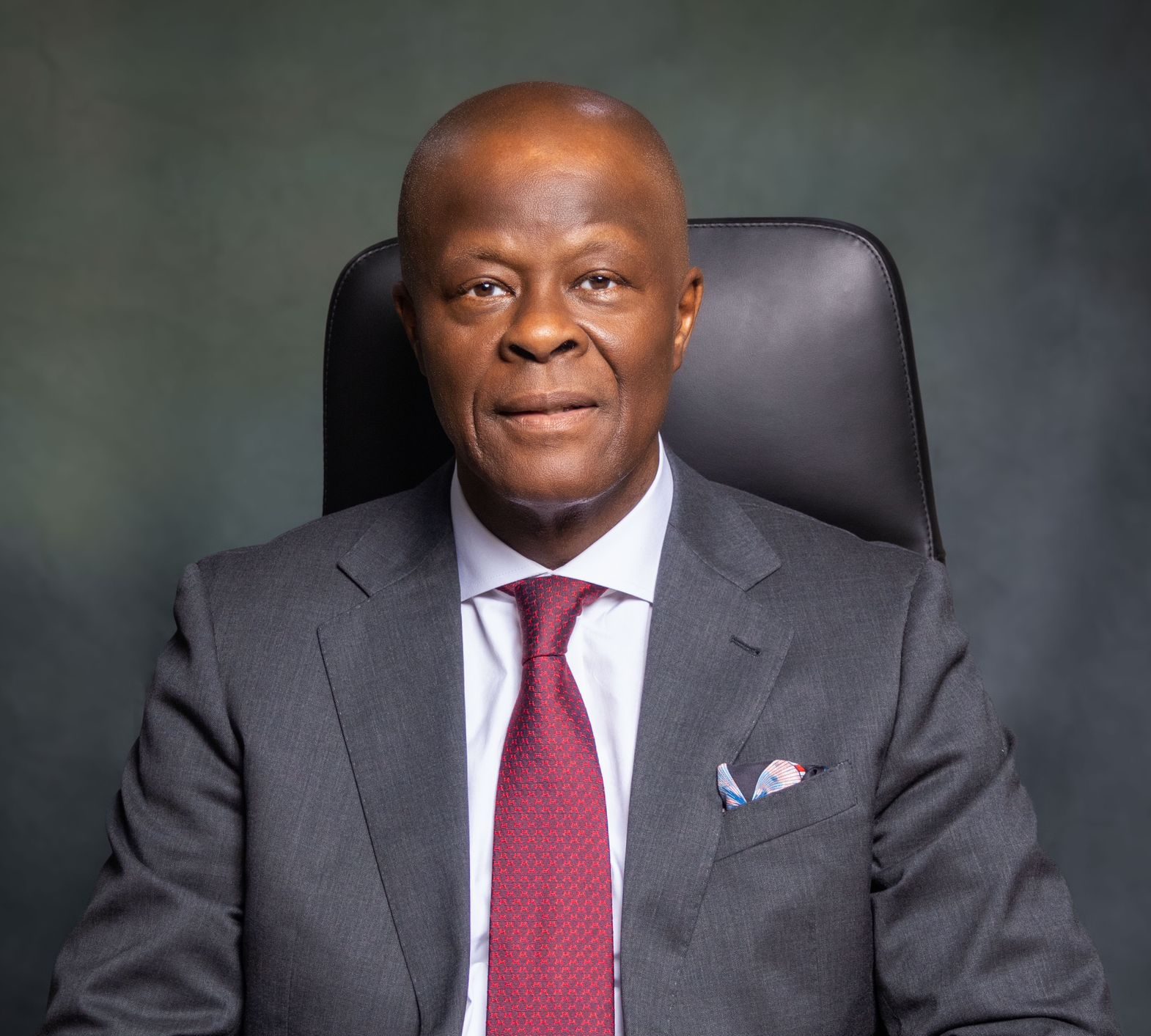
Keep up with the latest news and be part of our weekly giveaways and airtime sharing; follow our WhatsApp channel for more updates. Click to Follow us
The Federal Government of Nigeria has announced plans to issue bonds worth N758 billion to settle outstanding pension debts. This move aims to clear debts owed under the old defined benefit scheme, which existed before the contributory pension scheme was introduced in 2004.
According to the Minister of Finance and Coordinating Minister of the Economy, Wale Edun, “An equally important issue of social interventions is pensions. There was approval for the government, through the Debt Management Office, to raise a federal government bond of about N758 billion.” Edun explained that these bonds will clear debts from the old defined benefit scheme, which accumulated due to periodic wage increases over the years.
The Minister further stated, “So, to clean up that critical area and to give people their right, which is the payment of their pension liabilities as and when due, the government has put in place an approval for the Debt Management Office to raise N758 billion that will pay down all these liabilities and, of course, be a tremendous relief to the beneficiaries.”
In addition to addressing pension debts, the Federal Executive Council also approved a €30 million (N46.30 billion) long-term concessional financing arrangement from the French Development Agency. This financing will support the development of sustainable, clean-energy-based student housing across various tertiary institutions nationwide
Edun explained, “We had a €30 million long-term concessional financing by a French Development Agency, which is supporting student housing in conjunction with Family Homes Fund Limited as the partner and implementer.” He added, “It is for student tertiary accommodation at project sites throughout the country to provide sustainable and clean energy-based accommodation for students; we all know what an important intervention that is for the educational sector and students, given the shortage.”
The council also approved the National Single Window Project, an initiative designed to improve the competitiveness and efficiency of Nigeria’s export processes. The project’s technology providers and hardware suppliers have been authorised to proceed, with the hardware aspects expected to take about 12 months to deliver and the entire software, technology, and e-government components to be implemented over 24 months.
Edun emphasised the importance of this project, saying, “It also speaks to increasing government revenue. So it’s both on the fiscal side; it is both revenues earned in terms of foreign exchange and government revenue.” He added, “It speaks to the increased productivity of the Nigerian economy, as I said before, increased international competitiveness at a time where under the African Continental Free Trade Agreement, Nigeria is pushing to be a big player, both in the ECOWAS region and the African continent.”
Furthermore, the council ratified the African Medicines Agency Treaty, which aims to strengthen Nigeria’s regulatory capacity for medical products, ensure broader access to safe and effective medicines, and pursue a continent-wide regulatory framework for pharmaceuticals.
The Coordinating Minister of Health and Social Welfare, Prof. Ali Pate, explained, “The Federal Executive Council today directed that the treaty be ratified by Nigeria and directed us to take all actions to give effect to the treaty.” He added, “What does the treaty intend to do? It is to enhance the capacity of all state parties who have ratified it to improve their regulatory capacities regarding medical products, to increase access to safe, quality-assured, efficacious medical products, and to use common standards across the continent towards a Pan African regulatory framework for medicines, medical products, and pharmaceuticals.”
The council also approved N12 billion to purchase major diagnostic equipment for tertiary healthcare facilities. This includes three MRI machines and two CT scanners, which will be distributed among various teaching hospitals across the country.
The Minister emphasised that Nigeria’s health infrastructure is steadily advancing at both primary and tertiary levels. “You can see that gradually, piece by piece, we have been building our health infrastructure, but at the front end and at the higher level in the teaching hospital. And we know that important things are happening.”
He continued, “People are now beginning to come from the region to Nigeria and receive quality healthcare. This is already happening, including people from far away places like the United Kingdom and the United States. So, despite what we may want to believe about Nigeria’s healthcare system, there are good things happening.”
“The transformation that the President promised is beginning to happen. We need to sustain it, and we’re investing, and we continue to invest in that direction. Those are the two elements I would like to bring to your attention. The cost is N12 billion,” the Minister explained.
In conclusion, the Federal Executive Council’s approvals demonstrate the government’s commitment to addressing pressing issues, such as pension debts, healthcare infrastructure, and economic growth. These initiatives aim to improve the lives of Nigerian citizens and enhance the country’s global competitiveness.
Please don’t forget to “Allow the notification” so you will be the first to get our gist when we publish it.
Drop your comment in the section below, and don’t forget to share the post.
